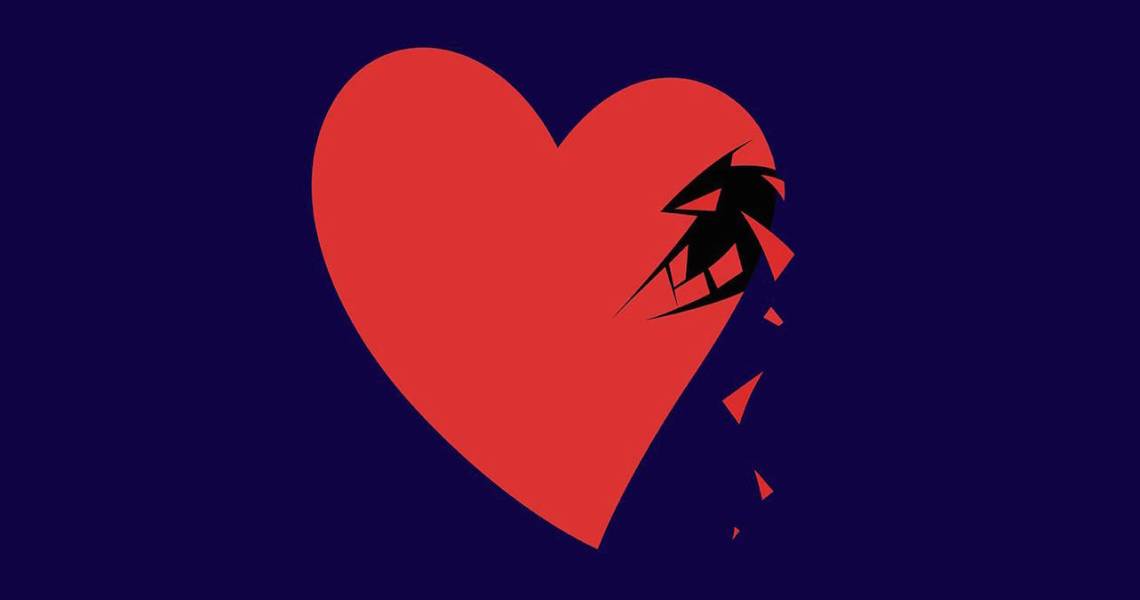Corporate social responsibility programs have been around for decades, but this year the beauty industry used CSR to make bigger statements about increasingly difficult topics.
In July, Selena Gomez’s brand Rare Beauty launched its Rare Impact fund focused on combating depression and loneliness, ahead of the brand’s retail debut. And in November, Peace Out Skincare partnered with the non-profit Trevor Project, focused on suicide prevention among LGBTQ youth. Most recently, YSL Beauty launched Abuse is Not Love on Nov. 25, in-step with the United Nation’s International Day for the Elimination of Violence Against Women. Abuse is Not Love is the first global CSR program from YSL Beauty, and it aims to combat intimate partner violence [IPV]. IPV differs from domestic violence, as it relates to romantic partners who are not necessarily living together under the same roof.
“We are a risk-taking brand, and we saw a topic that was a problem that no one has really discussed and put in the forefront. It’s a taboo topic, but it’s not niche,” said Gino Luci, YSL Beauty’s vp of marketing. Because of movement restrictions aimed at stopping Covid-19 spread, domestic violence incidents have risen in 2020.
YSL Beauty has committed a minimum of $1.2 million to the first three years of funding for Abuse is Not Love, according to Luci. Part of this includes funding academic research on intimate partner violence and educating 2 million people globally on IPV by 2030. Greater education efforts will center on international partnerships, such as with It’s On Us, which works to fight sexual assault on college campuses.
Estée Lauder Companies and its portfolio brand MAC Cosmetics started conversations around breast cancer in 1992 and AIDS in 1994, respectively. They were ahead of the curve in tackling taboo subjects, but today, those topics have become more mainstream, and MAC has broadened its focus beyond AIDS. Nearly 25% of U.S. women report some form of IPV-related incident annually, according to the Center for Disease Control, but fear and a lack of awareness often prevent accurate reporting.
John Trybus, a professor and managing director of Georgetown University’s Center for Social Impact Communication, said he believes that 2020 accelerated CSR shifts, especially given Black Lives Matter and other global social justice movements. He explained that CSR first started out as checkbook philanthropy before evolving into cause-based marketing (where a portion of sales would go to a charity). Now, CSR is now becoming multi-dimensional. Brands that can make a definitive stance, even if it alienates some consumers, are ultimately rewarded over brands that try to appease everyone, he said.
“The space we’re in now is about social purpose and brand purpose, and tackling thornier or more controversial topics,” he said. “It’s led by consumers, who have that expectation of a brand. The price of admission no longer is just basic corporate social responsibility: its [brand] purpose.”
Ad position: web_incontent_pos1
Trybus added that brands have to align with a cause that makes sense, bring together diverse voices on the chosen topic, and find ways to listen and not just talk. At the same time, they have to find appropriate ways to share their CSR story and results. Trybus noted that a newer development within CSR is brands trying to internally share the CSR program with employees, versus focusing on external communications. By end of 2021, YSL Beauty plans to educate its entire global workforce on IPV in the workplace.
Trybus and Luci both pointed out that measuring the success of Abuse Is Not Love is a challenge, given that measuring the social impact of prevention-based programming is nearly impossible. In the short-term, the plan is to educate 60,000 people globally by the end of 2021 through It’s On Us and its 300 field educators, who can speak to sales associates about IPV. Educational content includes funding an academic paper published in the Harvard Business Review, videos on the nine early warning signs of IPV, and editorial and video content combatting IPV victim stereotypes. A large social media push using advocates and influencers on Instagram, TikTok and other platforms will come in April 2021, Luci said.
Luci said that YSL Beauty could find opportunities to use proceeds from products in the future to fund Abuse is Not Love. Still, he said he was cautious about bringing products into the conversation so early on into the program. Those product tie-ups can have success, such as MAC’s Viva Glam lipstick, which funds its AIDS charity. It raised $500 million over 25 years.
“It would be dangerous to throw a commercial aspect to it with a product sale, too early on,” Luci said. “We want to be careful about how we approach this sensitive topic. While we are a risk-taking and edgy brand, we want to be mindful that this is also a very serious topic.”
If you believe you are in need of assistance, contact the National Domestic Violence Hotline at 1-800-787-7233 or visit www.thehotline.org for live chat support.




